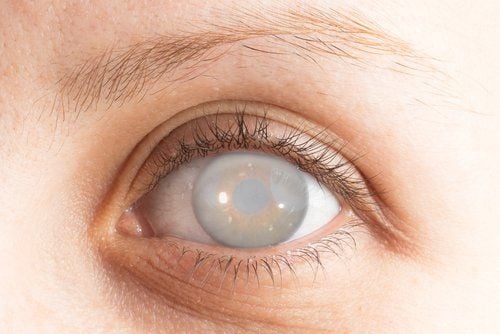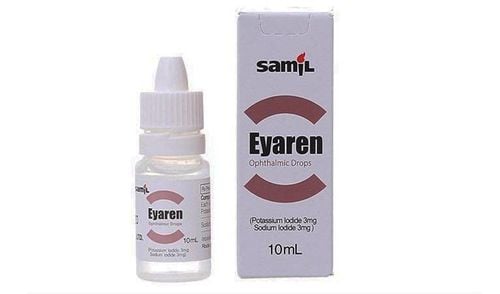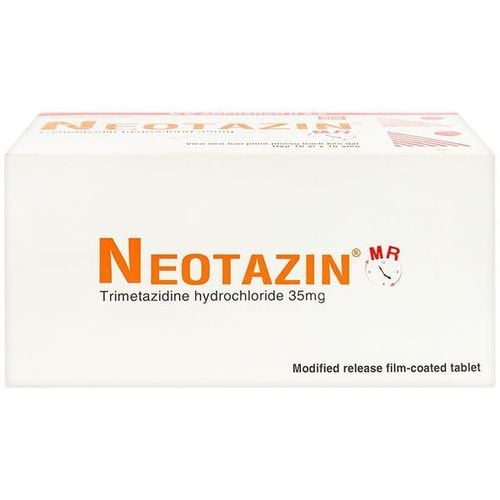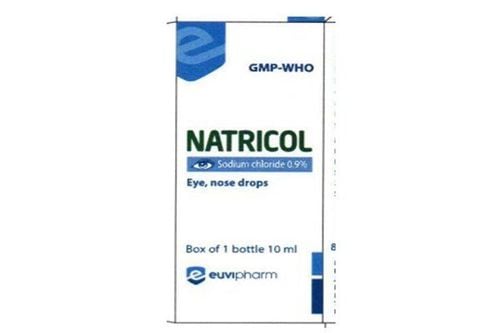This is an automatically translated article.
Glaucoma is an eye disease that causes progressive vision loss due to damage to the optic nerve. It is the second leading cause of blindness after cataracts. The question many people ask is what to eat with glaucoma eyes and what to eat to improve vision?
1. What is Glaucoma?
Glaucoma is a progressive condition that damages the optic nerve of the patient and tends to run in families. The disease is usually related to a build-up of pressure inside the eye.
Increased pressure in the eye, also known as intraocular pressure, can damage the optic nerve. From there, the visual information sent to the brain is affected. Severe damage can cause permanent vision loss or even blindness within a few years.
Glaucoma mainly affects adults over the age of 40. However, young adults, children and even infants can get it. Some other risk factors include:
Being African-American, Irish, Russian, Japanese, Hispanic, Inuit or Scandinavian Of descent Over age 40 Family history of glaucoma Nearsightedness or farsightedness Yes have poor vision Have diabetes Take certain steroid medications such as prednisone Have an eye injury Have a thinner-than-normal cornea Have high blood pressure, diabetes, heart disease, or sickle cell anemia Have high eye pressure
2. Some recommended foods for glaucoma
As with other health issues, having a good nutritional foundation can help your eye health progress better. Some foods that are beneficial for glaucoma patients include:
Fruits and vegetables are good sources of vitamins A and C, as well as the antioxidants lutein and zeaxanthin. These substances may protect against oxidative stress associated with damage to the optic nerve and other tissues of the eye in glaucoma. A study that included 584 black women found that those who consumed three or more servings of fruit or juice per day had a 79% lower risk of developing glaucoma than those who had less than one part. Green vegetables are one of the vegetables that need attention. Research has discovered a link between the consumption of kale and spinach and a reduced risk of glaucoma. Eating green vegetables has also been linked to lower rates of inflammation, cancer, heart disease and even macular degeneration. Nuts and seeds are good sources of vitamin E, which is important for keeping cells healthy and protecting them from the damaging effects of free radicals, which can break down protective retinal tissues . Fish, especially salmon, tuna, sardines and halibut. They are high in omega-3 fatty acids that have been shown to reduce eye pressure associated with glaucoma. Drinking at least one cup of hot tea daily can reduce the risk of glaucoma by 74% compared with those who don't. Glaucoma eyes should avoid foods that cause metabolic syndrome, obesity, blood pressure problems, and diabetes. Dietitians say a diet that helps maintain normal blood pressure and blood sugar levels helps reduce the risk of glaucoma.
Please dial HOTLINE for more information or register for an appointment HERE. Download MyVinmec app to make appointments faster and to manage your bookings easily.
Reference source: webmd












